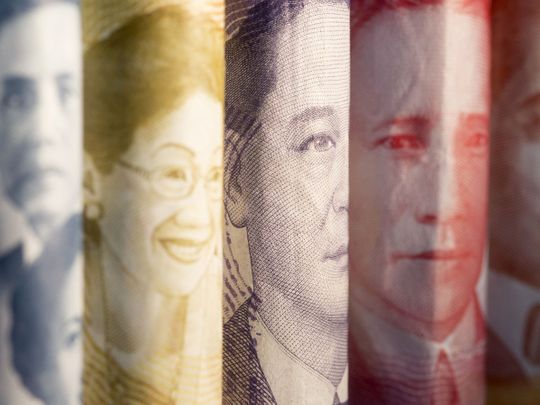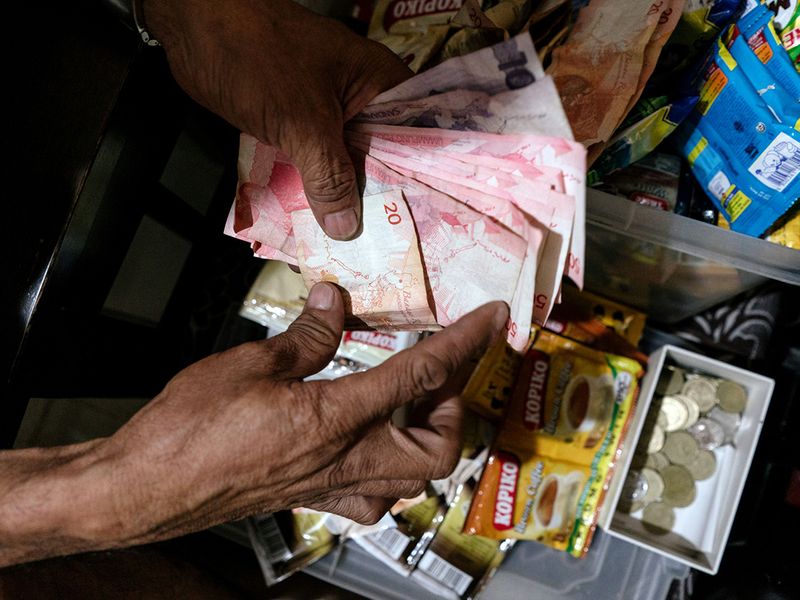
The Philippine peso continued to be one of the most stable currencies in Asia as the region is recovering from the COVID-19 pandemic, the country's Department of Finance (DOF) said on Sunday.
DOF chief economist Gil Beltran said the peso depreciated by 5.39 per cent in 2021, ending the year at 50.77 pesos to the US dollar, reports Xinhua news agency.
"It is ranked the eighth among 11 Asian currencies, in terms of strength, in one of the most open and fastest recovering economies in the world," Beltran said.
He said three currencies, including the Japanese yen, the Thai baht, and the South Korean won, depreciated faster.
Beltran added the peso was one of the strongest Asian currencies in 2022, ranking second to the Vietnamese dong.

"Strong macroeconomic fundamentals continue to support the peso, despite external headwinds from tighter monetary policy actions by the US Federal Reserve and inflationary pressures from heightened global fuel prices," he explained.
As of end-April 2022, he said the Philippines' gross international reserves of $106 billion could cover 9.4 months of imports of goods and services.
Additionally, the country's exposure to external debt, measured in percent of the GDP, is the lowest among major Southeast Asian economies, he added.
"Prudent macroeconomic management, sustaining the vaccination programme, and safely reopening the economy, among others, will be important in maintaining investor confidence as recovery gains traction and the economy chugs its way past its pre-pandemic level," Beltran added.




_resources1_16a30b358e0_small.jpg)

